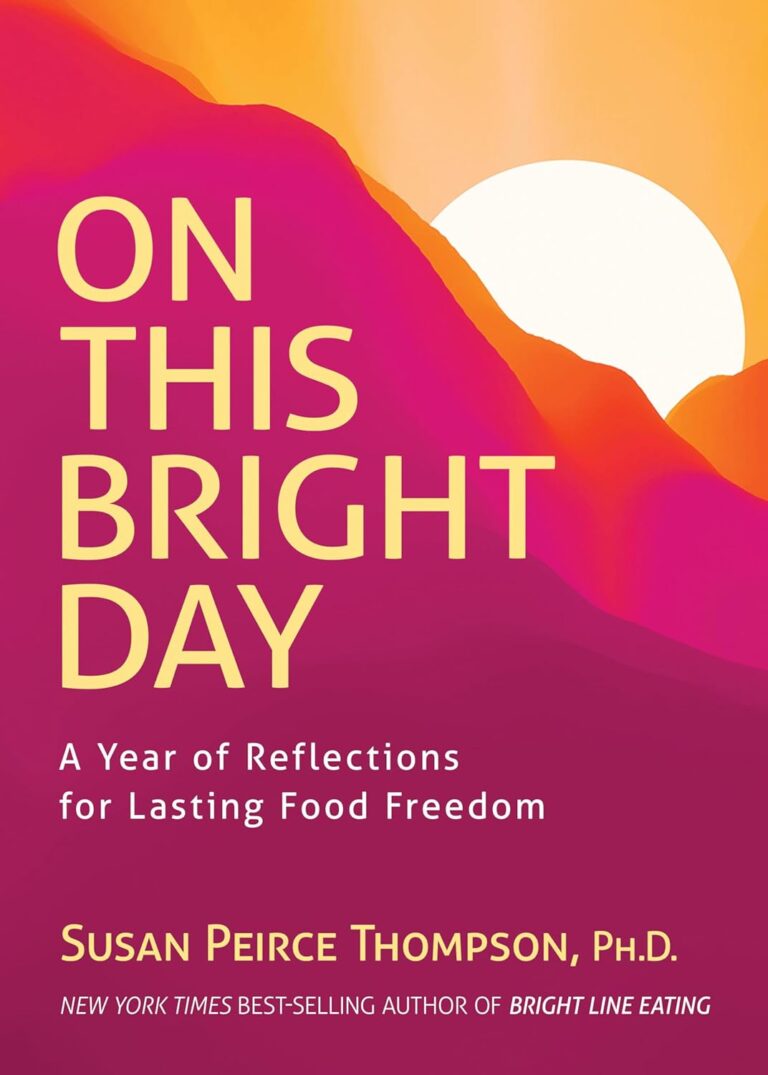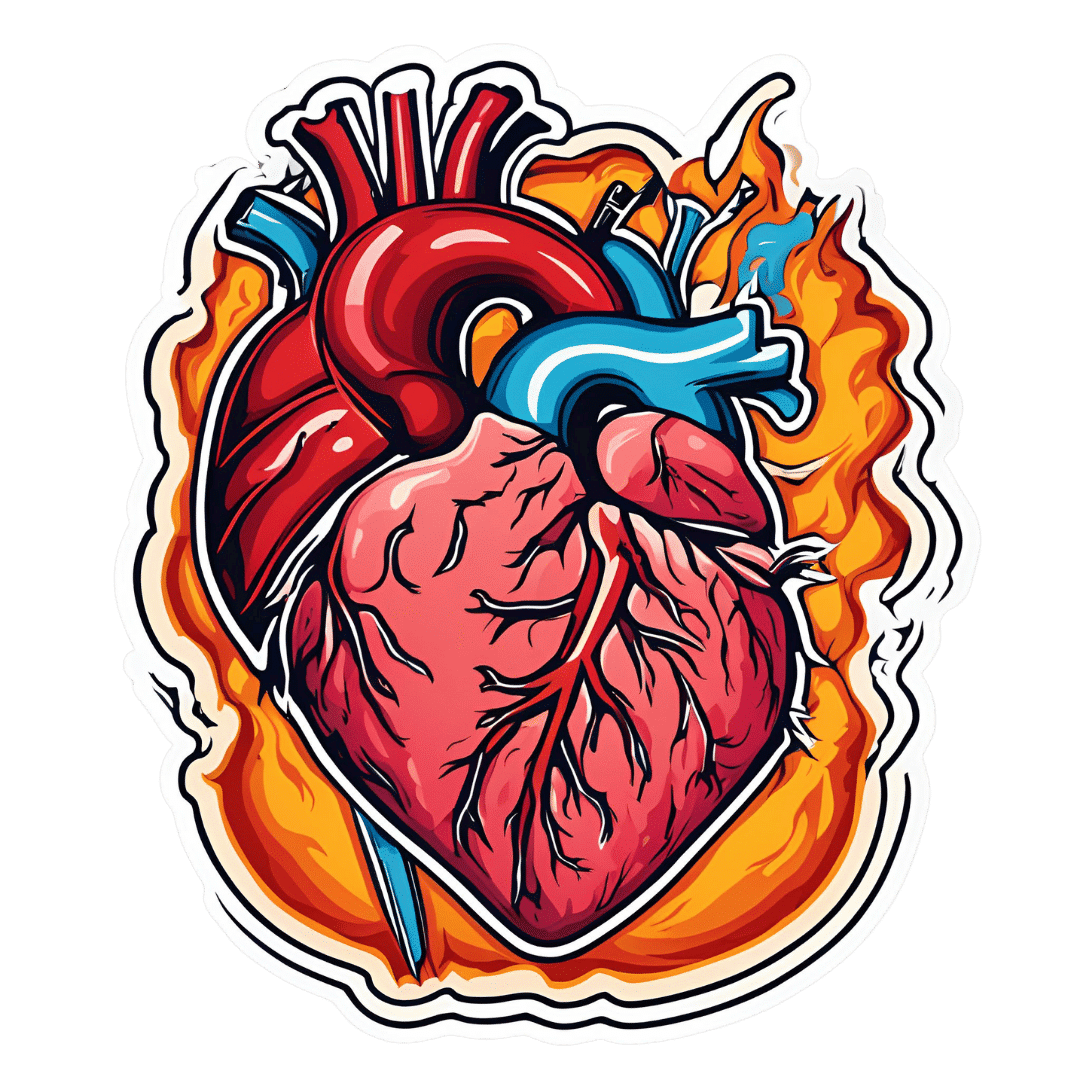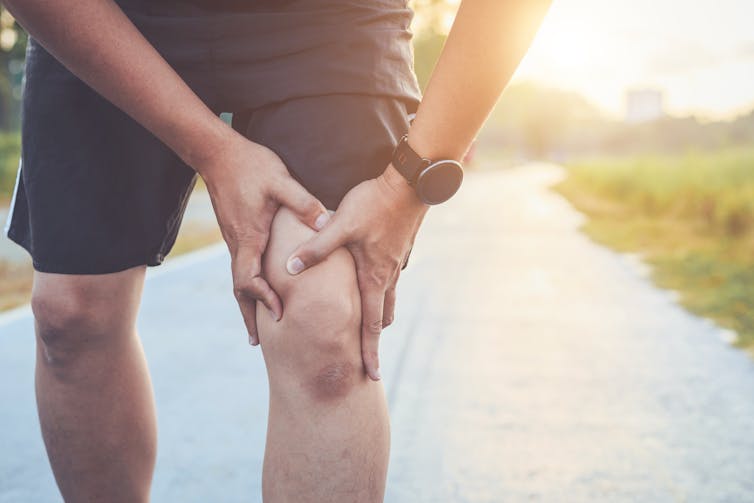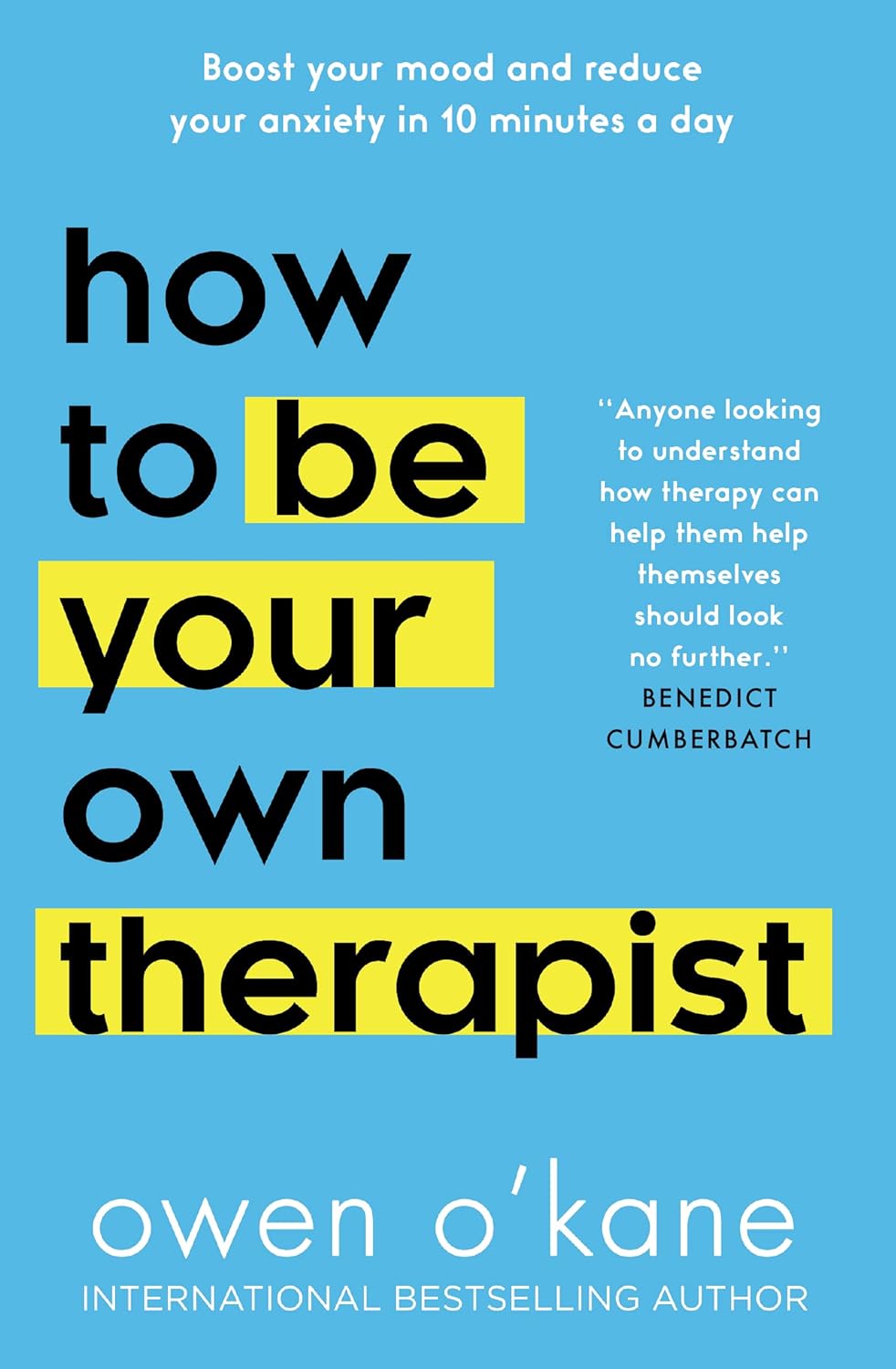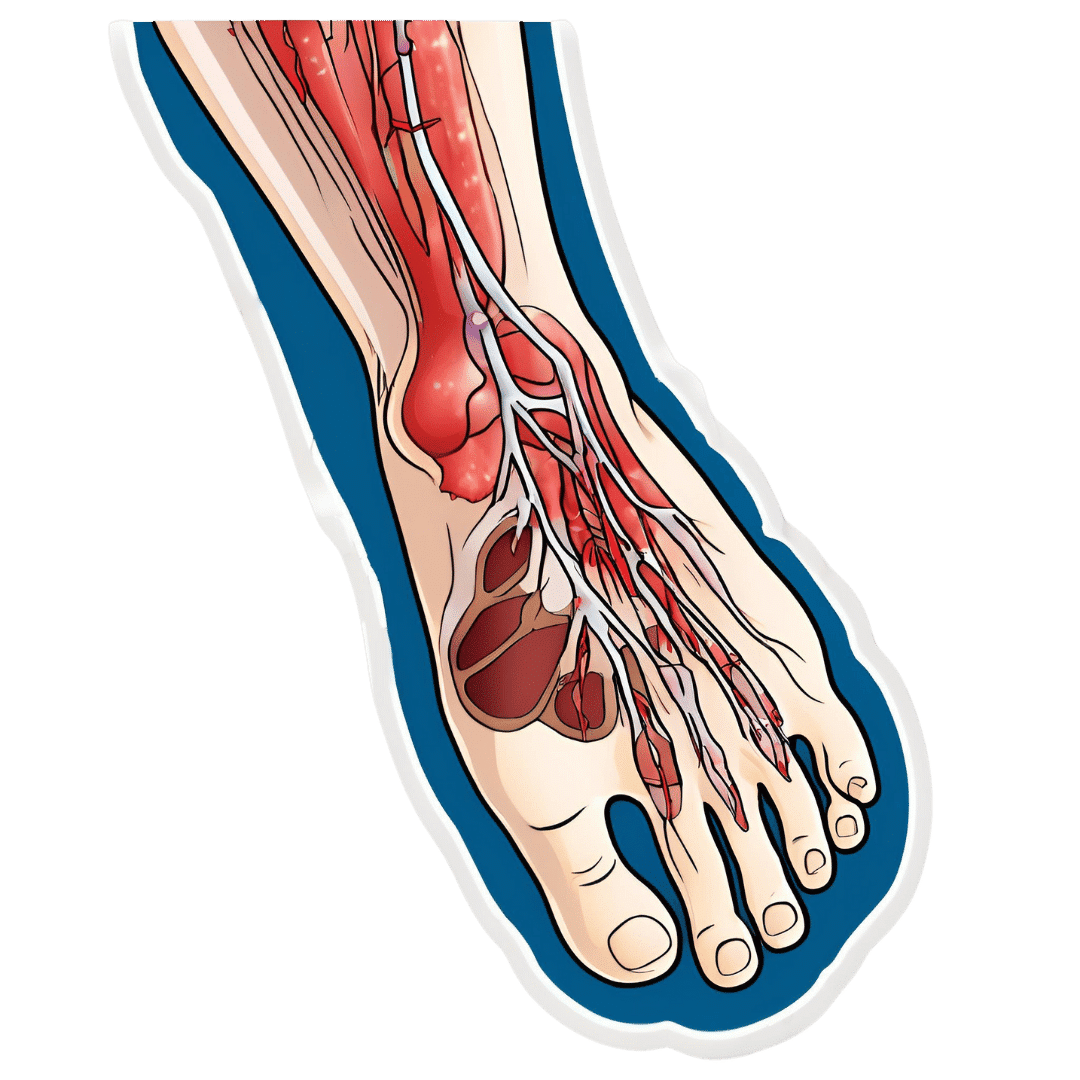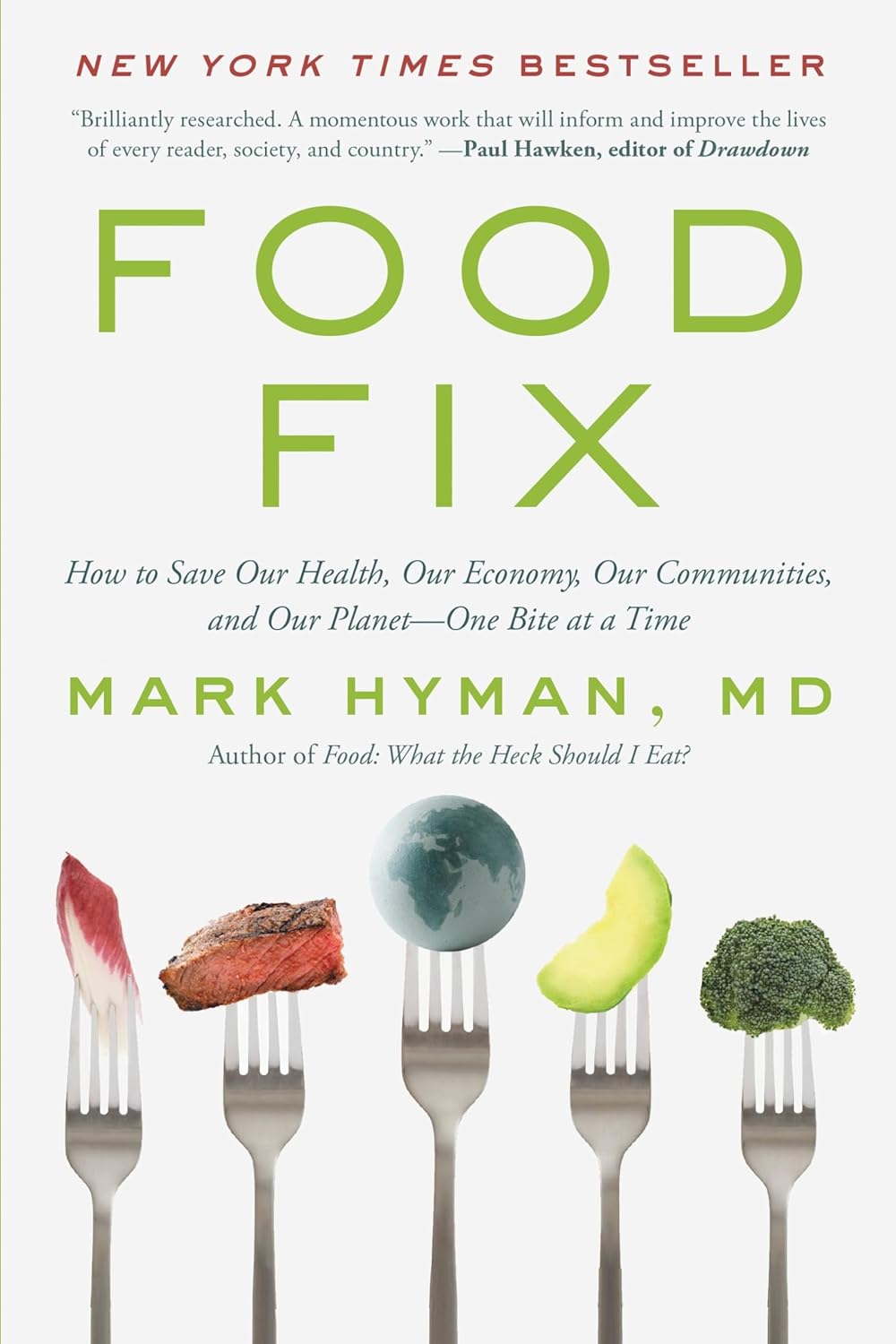
Food Fix – by Dr. Mark Hyman
10almonds is reader-supported. We may, at no cost to you, receive a portion of sales if you purchase a product through a link in this article.
On a simplistic level, “eat more plants, but ideally not monocrops, and definitely fewer animals” is respectable, ecologically-aware advice that is also consistent with good health. But it is a simplification, and perhaps an oversimplification.
Is there space on a healthy, ecologically sound plate for animal products? Yes, argues Dr. Mark Hyman. It’s a small space, but it’s there.
For example, some kinds of fish are both healthier and more sustainable as a food source than others, same goes for some kinds of dairy products. Poultry, too, can be farmed sustainably in a way that promotes a small self-contained ecosystem—and in terms of health, consumption of poultry appears to be health-neutral at worst.
As this book explores:
- Oftentimes, food choices look like: healthy/sustainable/cheap (choose one).
- Dr. Hyman shows how in fact, we can have it more like: healthy/sustainable/cheap (choose two).
- He argues that if more people “vote with their fork”, production will continue to adjust accordingly, and we’ll get: healthy/sustainable/cheap (all three).
To this end, while some parts of the book can feel like they are purely academic (pertaining less to what we can do as individuals, and more on what governments, farming companies, etc can do), it’s good to know what issues we might also take to the ballot box, if we’re able.
The big picture aside, the book remains very strong even just from an individual health perspective, though.
Bottom line: if you have an interest in preserving your own health, and possibly humanity itself, this is an excellent book.
Don’t Forget…
Did you arrive here from our newsletter? Don’t forget to return to the email to continue learning!
Recommended
Learn to Age Gracefully
Join the 98k+ American women taking control of their health & aging with our 100% free (and fun!) daily emails:
-
How much time should you spend sitting versus standing? New research reveals the perfect mix for optimal health
10almonds is reader-supported. We may, at no cost to you, receive a portion of sales if you purchase a product through a link in this article.
People have a pretty intuitive sense of what is healthy – standing is better than sitting, exercise is great for overall health and getting good sleep is imperative.
However, if exercise in the evening may disrupt our sleep, or make us feel the need to be more sedentary to recover, a key question emerges – what is the best way to balance our 24 hours to optimise our health?
Our research attempted to answer this for risk factors for heart disease, stroke and diabetes. We found the optimal amount of sleep was 8.3 hours, while for light activity and moderate to vigorous activity, it was best to get 2.2 hours each.
Finding the right balance
Current health guidelines recommend you stick to a sensible regime of moderate-to vigorous-intensity physical activity 2.5–5 hours per week.
However mounting evidence now suggests how you spend your day can have meaningful ramifications for your health. In addition to moderate-to vigorous-intensity physical activity, this means the time you spend sitting, standing, doing light physical activity (such as walking around your house or office) and sleeping.
Our research looked at more than 2,000 adults who wore body sensors that could interpret their physical behaviours, for seven days. This gave us a sense of how they spent their average 24 hours.
At the start of the study participants had their waist circumference, blood sugar and insulin sensitivity measured. The body sensor and assessment data was matched and analysed then tested against health risk markers — such as a heart disease and stroke risk score — to create a model.
Using this model, we fed through thousands of permutations of 24 hours and found the ones with the estimated lowest associations with heart disease risk and blood-glucose levels. This created many optimal mixes of sitting, standing, light and moderate intensity activity.
When we looked at waist circumference, blood sugar, insulin sensitivity and a heart disease and stroke risk score, we noted differing optimal time zones. Where those zones mutually overlapped was ascribed the optimal zone for heart disease and diabetes risk.
You’re doing more physical activity than you think
We found light-intensity physical activity (defined as walking less than 100 steps per minute) – such as walking to the water cooler, the bathroom, or strolling casually with friends – had strong associations with glucose control, and especially in people with type 2 diabetes. This light-intensity physical activity is likely accumulated intermittently throughout the day rather than being a purposeful bout of light exercise.
Our experimental evidence shows that interrupting our sitting regularly with light-physical activity (such as taking a 3–5 minute walk every hour) can improve our metabolism, especially so after lunch.
While the moderate-to-vigorous physical activity time might seem a quite high, at more than 2 hours a day, we defined it as more than 100 steps per minute. This equates to a brisk walk.
It should be noted that these findings are preliminary. This is the first study of heart disease and diabetes risk and the “optimal” 24 hours, and the results will need further confirmation with longer prospective studies.
The data is also cross-sectional. This means that the estimates of time use are correlated with the disease risk factors, meaning it’s unclear whether how participants spent their time influences their risk factors or whether those risk factors influence how someone spends their time.
Australia’s adult physical activity guidelines need updating
Australia’s physical activity guidelines currently only recommend exercise intensity and time. A new set of guidelines are being developed to incorporate 24-hour movement. Soon Australians will be able to use these guidelines to examine their 24 hours and understand where they can make improvements.
While our new research can inform the upcoming guidelines, we should keep in mind that the recommendations are like a north star: something to head towards to improve your health. In principle this means reducing sitting time where possible, increasing standing and light-intensity physical activity, increasing more vigorous intensity physical activity, and aiming for a healthy sleep of 7.5–9 hours per night.
Beneficial changes could come in the form of reducing screen time in the evening or opting for an active commute over driving commute, or prioritising an earlier bed time over watching television in the evening.
It’s also important to acknowledge these are recommendations for an able adult. We all have different considerations, and above all, movement should be fun.
Christian Brakenridge, Postdoctoral research fellow at Swinburne University Centre for Urban Transitions, Swinburne University of Technology
This article is republished from The Conversation under a Creative Commons license. Read the original article.
Share This Post
-
How To Survive A Heart Attack When You’re Alone
10almonds is reader-supported. We may, at no cost to you, receive a portion of sales if you purchase a product through a link in this article.
Dr. Alan Mandel emphasizes the importance of staying calm and following these steps to improve survival chances:
Simple is best
Here’s how you will survive a heart attack alone: briefly.
So, you will need to get help as quickly as possible. 90% of people who make it to a hospital alive, go on to survive their heart attack, so that’s your top priority.
Call emergency services as soon as you suspect you are having a heart attack. Stay on the line, and stay calm.
While having a heart attack is not an experience that’s very conducive to relaxation, heightened emotions will exacerbate things, so focus on breathing calmly. One of the commonly reported symptoms of heart attack that doesn’t often make it to official lists is “a strong sense of impending doom”, and that is actually helpful as it helps separate it from “is this indigestion?” or such, but once you have acknowledged “yes, this is probably a heart attack”, you need to put those feelings aside for later.
If you have aspirin available, Dr. Mandel says that the time to take it is once you have called an ambulance. However, if aspirin is not readily available, do not exert yourself trying to find some; indeed, don’t move more than necessary.
Do not drive yourself to hospital; it will increase the risk of fainting, and you may crash.
While you are waiting, your main job is to remain calm; he recommends deep breathing, and lying with knees elevated or feet on a chair; this latter is to minimize the strain on your heart.
For more on all this, plus the key symptoms and risk factors, enjoy:
Click Here If The Embedded Video Doesn’t Load Automatically!
Want to learn more?
You might also like to read:
Heart Attack: His & Hers (Be Prepared!)
Take care!
Share This Post
-
New study suggests weight loss drugs like Ozempic could help with knee pain. Here’s why there may be a link
10almonds is reader-supported. We may, at no cost to you, receive a portion of sales if you purchase a product through a link in this article.
The drug semaglutide, commonly known by the brand names Ozempic or Wegovy, was originally developed to help people with type 2 diabetes manage their blood sugar levels.
However, researchers have discovered it may help with other health issues, too. Clinical trials show semaglutide can be effective for weight loss, and hundreds of thousands of people around the world are using it for this purpose.
Evidence has also shown the drug can help manage heart failure and chronic kidney disease in people with obesity and type 2 diabetes.
Now, a study published in the New England Journal of Medicine has suggested semaglutide can improve knee pain in people with obesity and osteoarthritis. So what did this study find, and how could semaglutide and osteoarthritis pain be linked?
Pormezz/Shutterstock Osteoarthritis and obesity
Osteoarthritis is a common joint disease, affecting 2.1 million Australians. Most people with osteoarthritis have pain and find it difficult to perform common daily activities such as walking. The knee is the joint most commonly affected by osteoarthritis.
Being overweight or obese is a major risk factor for osteoarthritis in the knee. The link between the two conditions is complex. It involves a combination of increased load on the knee, metabolic factors such as high cholesterol and high blood sugar, and inflammation.
For example, elevated blood sugar levels increase the production of inflammatory molecules in the body, which can damage the cartilage in the knee, and lead to the development of osteoarthritis.
Weight loss is strongly recommended to reduce the pain of knee osteoarthritis in people who are overweight or obese. International and Australian guidelines suggest losing as little as 5% of body weight can help.
But losing weight with just diet and exercise can be difficult for many people. One study from the United Kingdom found the annual probability of people with obesity losing 5% or more of their body weight was less than one in ten.
Semaglutide has recently entered the market as a potential alternative route to weight loss. It comes from a class of drugs known as GLP-1 receptor agonists and works by increasing a person’s sense of fullness.
Semaglutide for osteoarthritis?
The rationale for the recent study was that while we know weight loss alleviates symptoms of knee osteoarthritis, the effect of GLP-1 receptor agonists was yet to be explored. So the researchers set out to understand what effect semaglutide might have on knee osteoarthritis pain, alongside body weight.
They randomly allocated 407 people with obesity and moderate osteoarthritis into one of two groups. One group received semaglutide once a week, while the other group received a placebo. Both groups were treated for 68 weeks and received counselling on diet and physical activity. At the end of the treatment phase, researchers measured changes in knee pain, function, and body weight.
As expected, those taking semaglutide lost more weight than those in the placebo group. People on semaglutide lost around 13% of their body weight on average, while those taking the placebo lost around 3% on average. More than 70% of people in the semaglutide group lost at least 10% of their body weight compared to just over 9% of people in the placebo group.
Osteoarthritis of the knee is the most common type of osteoarthritis. SKT Studio/Shutterstock The study found semaglutide reduced knee pain significantly more than the placebo. Participants who took semaglutide reported an additional 14-point reduction in pain on a 0–100 scale compared to the placebo group.
This is much greater than the pain reduction in another recent study among people with obesity and knee osteoarthritis. This study investigated the effects of a diet and exercise program compared to an attention control (where participants are provided with information about nutrition and physical activity). The results here saw only a 3-point difference between the intervention group and the control group on the same scale.
The amount of pain relief reported in the semaglutide trial is also larger than that reported with commonly used pain medicines such as anti-inflammatories, opioids and antidepressants.
Semaglutide also improved knee function compared to the placebo. For example, people who took semaglutide could walk about 42 meters further than those on the placebo in a six-minute walking test.
How could semaglutide reduce knee pain?
It’s not fully clear how semaglutide helps with knee pain from osteoarthritis. One explanation may be that when a person loses weight, there’s less stress on the joints, which reduces pain.
But recent studies have also suggested semaglutide and other GLP-1 receptor agonists might have anti-inflammatory properties, and could even protect against cartilage wear and tear.
While the results of this new study are promising, it’s too soon to regard semaglutide as a “miracle drug” for knee osteoarthritis. And as this study was funded by the drug company that makes semaglutide, it will be important to have independent studies in the future, to confirm the findings, or not.
The study also had strict criteria, excluding some groups, such as those taking opioids for knee pain. One in seven Australians seeing a GP for their knee osteoarthritis are prescribed opioids. Most participants in the trial were white (61%) and women (82%). This means the study may not fully represent the average person with knee osteoarthritis and obesity.
It’s also important to consider semaglutide can have a range of side effects, including gastrointestinal symptoms and fatigue.
There are some concerns that semaglutide could reduce muscle mass and bone density, though we’re still learning more about this.
Further, it can be difficult to access.
I have knee osteoarthritis, what should I do?
Osteoarthritis is a disease caused by multiple factors, and it’s important to take a multifaceted approach to managing it. Weight loss is an important component for those who are overweight or obese, but so are other aspects of self-management. This might include physical activity, pacing strategies, and other positive lifestyle changes such as improving sleep, healthy eating, and so on.
Giovanni E. Ferreira, NHMRC Emerging Leader Research Fellow, Institute of Musculoskeletal Health, University of Sydney and Christina Abdel Shaheed, Associate Professor, School of Public Health, University of Sydney
This article is republished from The Conversation under a Creative Commons license. Read the original article.
Share This Post
Related Posts
-
How to Be Your Own Therapist – by Owen O’Kane
10almonds is reader-supported. We may, at no cost to you, receive a portion of sales if you purchase a product through a link in this article.
Finding the right therapist can be hard. Sometimes, even just accessing a therapist, any therapist, can be hard, if circumstances are adverse. Sometimes we’d like therapy, but want to feel “better prepared for it” before we do.
Owen O’Kane, a highly qualified and well-respected psychotherapist, wants to put some tools in our hands. The premise of this book is that “in 10 minutes a day” one can give oneself an amount of therapy that will be beneficial.
Naturally, in 10 minutes a day, this isn’t going to be the kind of therapy that will work through major traumas, so what can it do?
Those 10 minutes are spread into three sessions:
- 4 minutes in the morning
- 3 minutes in the afternoon
- 3 minutes in the evening
The idea is:
- To do a quick mental health “check-in” before the day gets started, ascertain what one needs in that context, and make a simple plan to get/have it.
- To keep one’s mental health on track by taking a little pause to reassess and adjust if necessary
- To reflect on the day, amplify the positive, and let go of the negative to what extent is practical, in order to rest well ready for the next day
Where O’Kane excels is in explaining how to do those things in a way that is neither overly simplistic and wishy-washy, nor so arcane and convoluted as to create more work and render the day more difficult.
In short, this book is a great prelude to (or adjunct to) formal therapy, and for those for whom therapy isn’t accessible and/or desired, a great way to keep oneself on a mentally healthy track.
Don’t Forget…
Did you arrive here from our newsletter? Don’t forget to return to the email to continue learning!
Learn to Age Gracefully
Join the 98k+ American women taking control of their health & aging with our 100% free (and fun!) daily emails:
-
How To Stay A Step Ahead Of Peripheral Artery Disease
10almonds is reader-supported. We may, at no cost to you, receive a portion of sales if you purchase a product through a link in this article.
Far less well-known than Coronary Artery Disease, it can still result in loss of life and limb (not in that order). Fortunately, there are ways to be on your guard:
What it is
Peripheral Artery Disease (PAD) is the same thing as Coronary Artery Disease (CAD), just, in the periphery—which by definition means “outside of the heart and brain”, but in practice, it starts with the extremities. And of the extremities, it tends to start with the feet and legs, for the simple reason that if someone’s circulation is sluggish, then because of gravity, that’s where’s going to get blocked first.
In both CAD and PAD, the usual root cause is atherosclerosis, that is to say, the build-up of fatty material inside the arteries, usually commensurate to LDL (“bad”) cholesterol, especially in men (high LDL is still a predictor of cardiovascular disease in women though, just more modestly so, at least pre-menopause or in cases of treated menopause whereby HRT has returned hormones to pre-menopause levels).
See also: Demystifying Cholesterol
And for that about sex differences: His & Hers: The Hidden Complexities of Statins and Cardiovascular Disease (CVD)
Why it is
This one’s straightforward, as it’s the same things as any kind of cardiovascular disease: high blood pressure, high cholesterol, older age, obesity, smoking, drinking, diabetes, and genetic factors (so, a risk factor is: family history of heart disease).
However, while those are the main causes and/or risk factors, it absolutely can still strike other people, so it’s as well to be watch out for…
What to look out for
Many people first notice signs and symptoms that turn out to be PAD when they experience pain or numbness in the foot or feet, and/or a discoloration of the feet (especially toes), and slow wound healing.
At that stage, chances are you will need to go urgently to a specialist, and surgery is a likely necessity. With a little luck, it’ll be a minimally-invasive surgery to unblock an artery; failing that, an amputation will be in order.
At that stage, under 50% will be alive 5 years from diagnosis:
You probably want to avoid those. Good news is, you can, by catching it earlier!
What to look out for before that
The most common test for PAD is one you can do at home, but enlisting a nurse to do it for you will help ensure accurate readings. It’s called the Ankle-Brachial Index (ABI) test, and it involves comparing the blood pressure in your ankle with the blood pressure in your arm, and expressing them as a ratio.
Here’s how to do it (instructions and a video demonstration if you want it):
Do Try This At Home: ABI Test For Clogged Arteries
If you need a blood pressure monitor, by the way, here’s an example product on Amazon.
- A healthy ABI score is between 1.0 and 1.4; anything outside this range may indicate arterial problems.
- Low ABI scores (below 0.8) suggest plaque is likely obstructing blood flow
- High ABI scores (above 1.4) may indicate artery hardening
Do note also that yes, if you have plaque obstructing blood flow and hardened arteries, your scores may cancel out and give you a “healthy” score, despite your arteries being very much not healthy.
For this reason, this test can be used to raise the alarm, but not to give the “all clear”.
There are other tests that clinicians can do for you, but you can’t do at home unless you have an MRI machine, a CT scanner, an x-ray machine, a doppler-and-ultrasound machine, etc. We’ll not go into those in detail here, but ask your doctor about them if you’re concerned.
What to do about it
In the mid-to-late stages of the disease, the options are medication and surgery, respectively, but your doctor will advise about those in that eventuality.
In the early stages of the disease, the first-line recommend treatment is exercise, of which, especially walking:
Lower Extremity Peripheral Artery Disease: Diagnosis and Treatment
Given that this more often happens when someone hasn’t been walking so much, it can be a walk-rest-walk approach at first (a treadmill on a low setting can be very useful for this):
See also: Exercise Comparison Head-to-Head: Treadmill vs Road
Take care!
Don’t Forget…
Did you arrive here from our newsletter? Don’t forget to return to the email to continue learning!
Learn to Age Gracefully
Join the 98k+ American women taking control of their health & aging with our 100% free (and fun!) daily emails:
-
Make Your Coffee Heart-Healthier!
10almonds is reader-supported. We may, at no cost to you, receive a portion of sales if you purchase a product through a link in this article.
Health-Hack Your Coffee
We have previously written about the general health considerations (benefits and potential problems) of coffee:
The Bitter Truth About Coffee (or is it?)
Today, we will broadly assume that you are drinking coffee (in general, not necessarily right now, though if you are, same!) and would like to continue to do so. We also assume you’d like to do so as healthily as possible.
Not all coffees are created equal
If you order a coffee in France or Italy without specifying what kind, the coffee you receive will be short, dark,
and handsomeand without sugar. Healthwise, this is not a bad starting point. However…- It will usually be espresso
- Or it may be what in N. America is called a French press (in Europe it’s just called a cafetière)
Both of these kinds of coffee mean that cafestol, a compound found in the oily part of coffee and which is known to raise LDL (“bad” cholesterol”), stays in the drink.
Read: Cafestol and Kahweol: A Review on Their Bioactivities and Pharmacological Properties
Also: Cafestol extraction yield from different coffee brew mechanisms
If you’re reading that second one and wondering what a mocha pot or a Turkish coffee is, they are these things:
- Mocha pot: a stovetop device used for making espresso without an espresso machine
- Turkish coffee pot: also a stovetop device; this thing makes some of the strongest coffee you have ever encountered. Turks usually add sugar (this writer doesn’t; but my taste in coffee been described as “coffee like a punch in the face”)
So, wonderful as they are for those of us who love strong coffee, they also produce the highest in-drink levels of cafestol. If you’d like to cut the cafestol (for example, if you are keeping an eye on your LDL), we recommend…
The humble filter coffee
Whether by your favorite filter coffee machine or a pour-over low-tech coffee setup of the kind you could use even without an electricity supply, the filter keeps more than just the coffee grinds out; it keeps the cafestol out too; most of it, anyway, depending on what kind of filter you use, and the grind of the coffee:
Physical characteristics of the paper filter and low cafestol content filter coffee brews
What about instant coffee?
It has very little cafestol in it. It’s up to you whether that’s sufficient reason to choose it over any other form of coffee (this coffee-lover could never)
Want to make any coffee healthier?
This one isn’t about the cafestol, but…
If you take l-theanine (see here for our previous main feature about l-theanine), the l-theanine acts as a moderator and modulator of the caffeine, amongst other benefits:
The Cognitive-Enhancing Outcomes of Caffeine and L-theanine: A Systematic Review
As to where to get that, we don’t sell it, but here’s an example product on Amazon
Enjoy!
Don’t Forget…
Did you arrive here from our newsletter? Don’t forget to return to the email to continue learning!
Learn to Age Gracefully
Join the 98k+ American women taking control of their health & aging with our 100% free (and fun!) daily emails:

